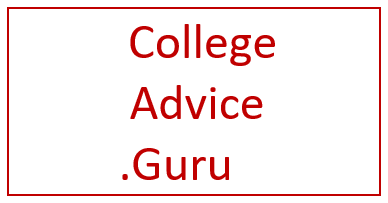Admissions today are not the same as they were last year, which were not the same as they were in 2024, and they won’t be the same for the class of 2026. Applications are up, admissions offers are down (driven by AI and the ability to gauge with near-perfect accuracy which students will yield), testing requirements are all over the map. Race and ethnicity aren’t considered, although the ways they have shaped you might be. A Presidential Executive Order appears to expand upon the Supreme Court SFFA affirmative action ruling in ways that will have varied and unpredictable effects on the evaluation of applications. Still, academic qualifications are the table stakes: required but not sufficient. An offer of admission relies upon everything else you’ve done outside of the classroom. The one constant:
Students must demonstrate their capacity for success in activities that are meaningful to them.
And there is a second imperative:
Students must be able to articulate, and provide evidence for, their academic mission.
A student cannot change their demographic or whether or not they are first generation. But they can behave in ways that demonstrate curiosity and intention, and to scale those behaviors in ways that make them an attractive applicant.
The best response to this environment is calm, steady advice. We decide on the best course of action based on what is right in front of us. And then we do that again, and again, inventively, on a path toward their best future.
My highly successful approach is guided by my belief that gaining admission to college isn't about flooding a resume with activities. It is about taking the appropriate classes, participating in activities that are meaningful and thoughtfully chosen, and having a successful high school experience built of curiosity and intention.
Asking questions, conducting independent research, actively seeking out mentorships, internships, and new experiences will bring us to application season (which begins, for us, at the end of Junior year) having had a satisfying high school experience, possessing a transcript that reflects their abilities and ambitions, with evidence of the impact they have had (and intend to have) on the world around them.

